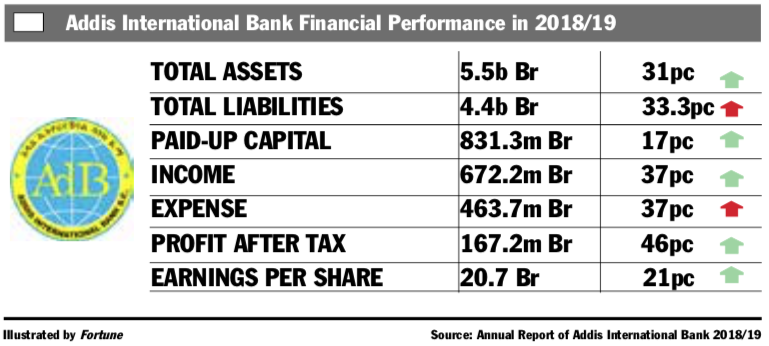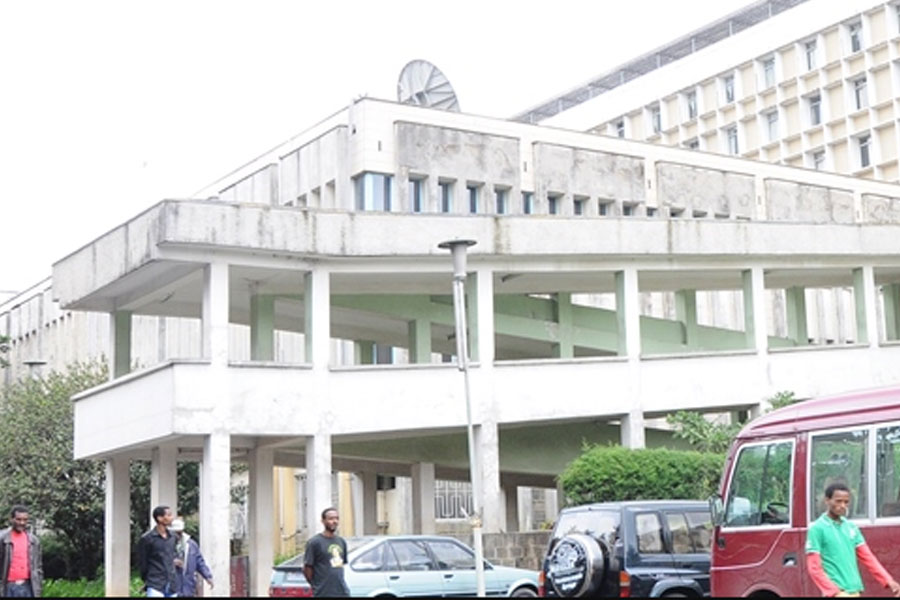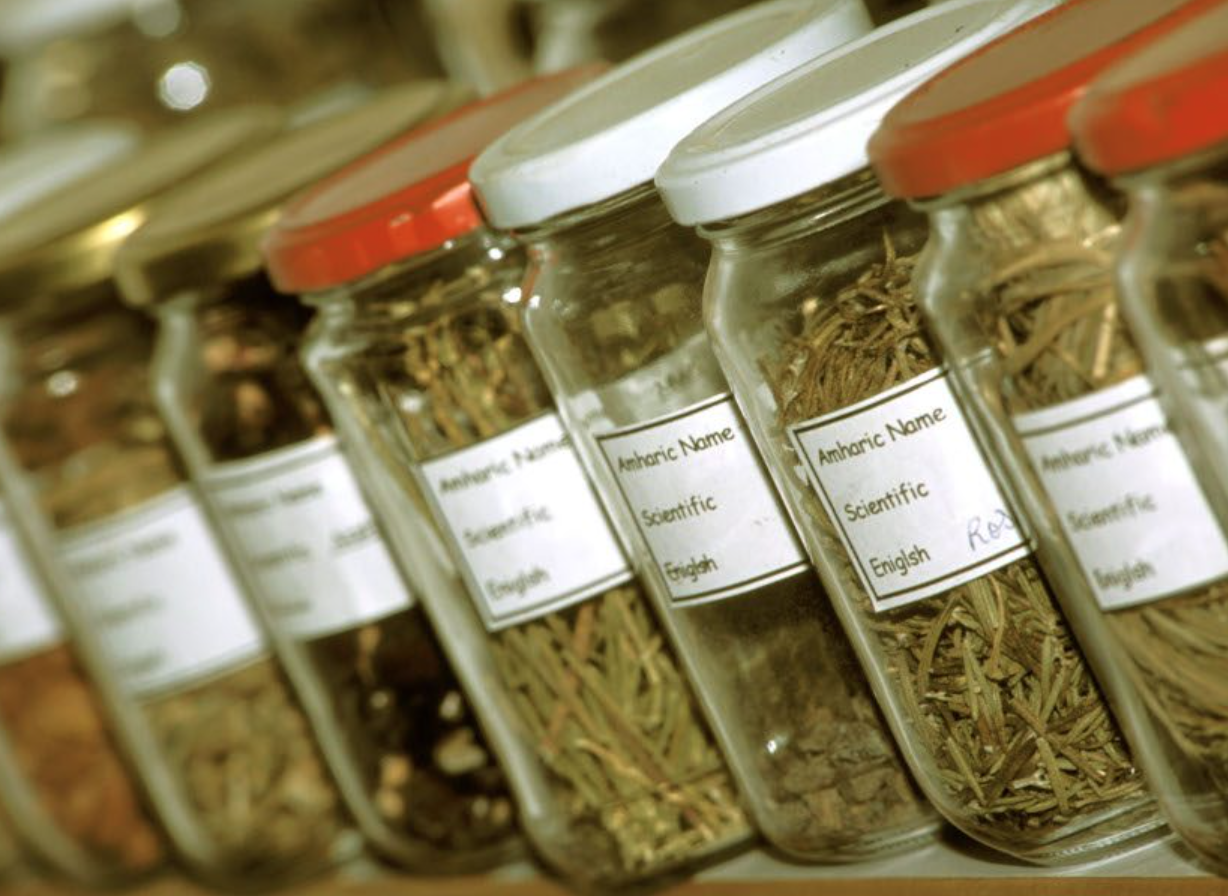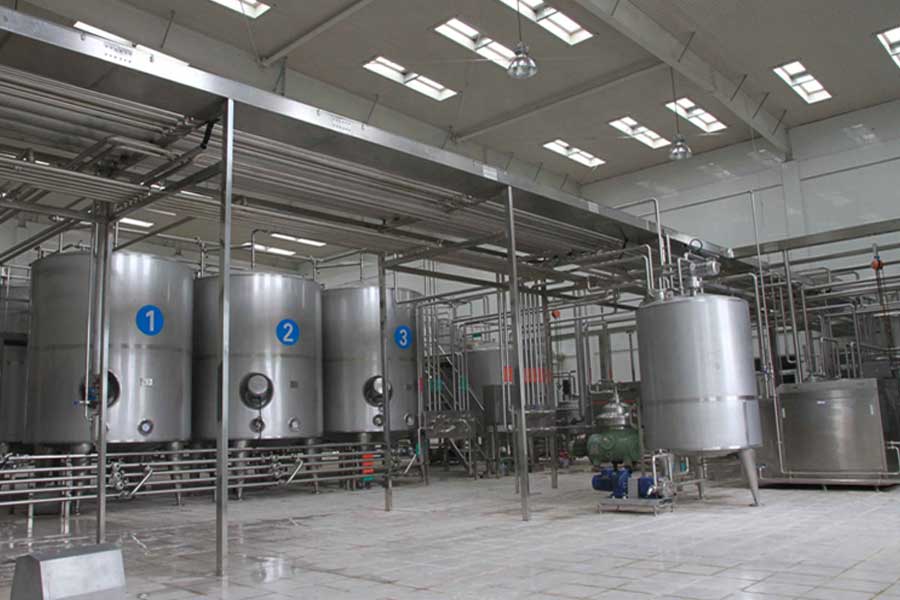
Fortune News | Dec 28,2019
The last item on Askalech Debele’s holiday shopping list is chicken, and she needs three of them. Askalech, a housewife and mother of 12, is in her early 60s.
“I had been preparing for the holiday for the past week and have bought all the other food items I require," Askalech said.
She made her way to Shola Gebeya, along Dejazmach Haile Selassie Street, and into Debebe Kenfe’s corner shop to buy the chickens of her choice. What followed was a fierce haggling which nonetheless ended when Debebe relented and sold Askalech her three chickens for 230 Br a piece. The price he got was within the margin of what he has been selling his chickens for, 200 Br to 300 Br before Gena, Ethiopian Christmas, arrived.
It was neither an improvement nor a markdown of the price of chicken during the last Ethiopian New Year for him. But it was also a significant reduction from that of the previous Genawhen chickens were going for an average price of 350 Br.
Debebe sold 20 chickens in the early days of the week before Christmas, and he is sure the closing of the holiday will bring more customers.
As Askalech was finishing up her holiday shopping, many others were just getting started at Shola Gebeya, one of the most popular marketplaces in Addis Abeba where products as diverse as teffand electronics equipment are sold.
One of those was Yemiserach Boka, a public servant in her early 30s who did not have enough time to begin shopping early. First on her list was a kilogram of butter, which she bought for 250 Br last Thursday, January 3, 2018.
“It’s the same price as that of the New Year,” she said, having set aside 5,000 Br for a holiday. “I know it is a bit much for a single holiday, but Gena is special as it coincides with my daughter’s birthday.”
Askalech Debele, a mother of 12, is negotiating to buy chickens for the holidays at Shola Gebeya, a large market that hosts many other items in addition to poultry.
She bought another kilogram of Ayib, spiced cottage cheese, for 100 Br from Shewalem Shamif’s shop. Shewalem agrees with Yemiserach’s assessment of the market, saying the price of dairy products has been stable this year.
But there is an increase from last year’s Christmas when she sold both butter and Ayib at a 20pc descount.
A food item that showed an increase was red onions, sold for an average price of 25 Br a kilo this holiday compared to 17 Br last New Year.
This is not because of inflation, according to Shemelis Girma, a vegetable shop owner at Shola.
“The onions available this holiday are better in quality,” he says. “That is why the suppliers pushed the price.”
Garlic, for its part, was sold within the range of 40 Br to 45 Br a kilo, not showing an increase within the same period.
“Most of the major spices used for the preparation of Doro Wot [chicken stew] have not shown an increase,” Shimeles told Fortune. “In fact, korerima[Cardamom] has gotten cheaper, at 250 Br a kilo from 300 Br.”
Berbere, a powder made from red pepper, did not show any price difference from the beginning of this year either.
“People don’t usually shop for Berbere so close to the holidays, as it requires much preparation, thus has to be bought early,” says Martha Mulatu, a spice shop owner who has been in the business for a decade.
What applies for Berbere though does not work for those looking to buy some liquor for the holiday. Ermiyas Tlihaun, recently married, bought wine at Empire Liquor Store around Megenagna.
Empire carries local alcohol brands as cheap as 90 Br to luxury brands such as King Gorge that sell for as much as 20,000 Br.
“I knew the store before, so I knew they would have what I was looking for,” he said after buying Kemila, a brand by local winemaker Awash Wine, for 250 Br. “A little wine goes great with holiday food.”
It was not as cheery a holiday for the store though. Bethlehem Assefa, a salesperson at Empire, says this holiday did not bring as many customers as the past ones.
“But the situation may change as the holiday gets closer,” she says. “People don’t buy liquor early before the holiday.”
This is also usually the case with livestock but not for everyone.
“Early shopping gives me a better chance of buying a good product for a fair price,” Adane Mehari, a married father of one, who went with his friends to the cattle market in the Shegole area.
One of the many cattle dealers there was Bulcha Alemayehu, who has been in the business since 2014. There is an increase in prices compared to the New Year although it is not exaggerated, according to him.
He sells cattle - about 50 during the holiday - between a price range of 12,000 Br and 30,000 Br.
Shegole is one of the city’s four largest cattle markets. Found in the Gulele District, the market holds over 1,000 oxen brought over from various regions. The other cattle markets are in Qera, Asko and Aqaqi, with the last one occupying 20,000Sqm.
Ethiopia has one of the highest livestock populations in the world at about 54 million. This holiday will see more than 10,000 cattle and 20,000 goats and sheep sold in Addis Abeba, according to Solomon Bekele, marketing director of the Addis Abeba Trade Bureau.
“We have been trying to create a distribution line and market integration between regional suppliers and consumer protection shops,” he says. “We have made sure that prices won’t escalate, and we are supervising closely.”
For Atilaw Alemu (PhD), assistant professor of economics at Addis Ababa University, the price stability has to do with the general political situation of the country.
“With most factors remaining unchanged, there has not been anything big enough to spook buyers or sellers,” he said. “A slight increase in prices during holidays would have been acceptable, but the market during Christmas has been business as usual.”
PUBLISHED ON
Jan 06,2019 [ VOL
19 , NO
976]

Fortune News | Dec 28,2019

Life Matters | Jul 24,2021

Radar | Jun 05,2021

Fortune News | Mar 16,2019

Radar | Oct 30,2021

Fortune News | Jan 23,2021

View From Arada | May 23,2021

Fortune News | Mar 14,2020

Fortune News | Apr 30,2021

My Opinion | Dec 11,2021

Dec 22 , 2024 . By TIZITA SHEWAFERAW
Charged with transforming colossal state-owned enterprises into modern and competitiv...

Aug 18 , 2024 . By AKSAH ITALO
Although predictable Yonas Zerihun's job in the ride-hailing service is not immune to...

Jul 28 , 2024 . By TIZITA SHEWAFERAW
Unhabitual, perhaps too many, Samuel Gebreyohannes, 38, used to occasionally enjoy a couple of beers at breakfast. However, he recently swit...

Jul 13 , 2024 . By AKSAH ITALO
Investors who rely on tractors, trucks, and field vehicles for commuting, transporting commodities, and f...

Oct 18 , 2025
The political establishment, notably the ruling party and its top brass, has become p...

Oct 11 , 2025
Ladislas Farago, a roving Associated Press (AP) correspondent, arrived in Ethiopia in...

Oct 4 , 2025
Eyob Tekalegn (PhD) had been in the Governor's chair for only weeks when, on Septembe...

Sep 27 , 2025
Four years into an experiment with “shock therapy” in education, the national moo...